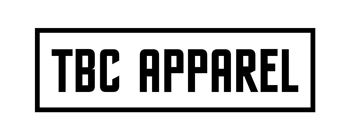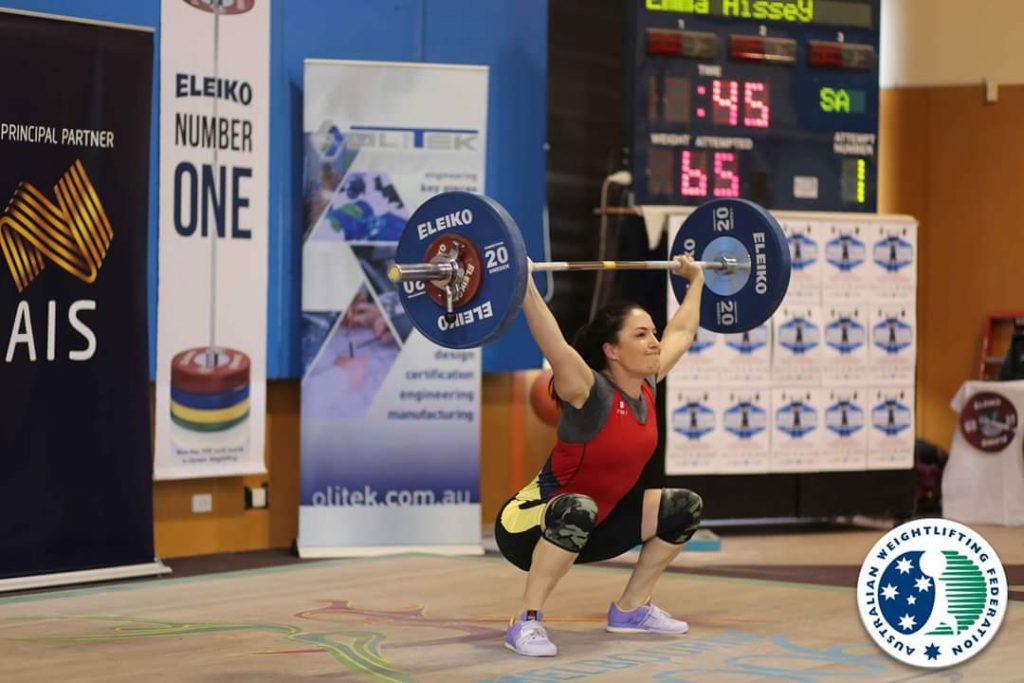Blog
The Most Important Connection Between Muscles and Organs You’ve Never Heard Of
It’s not taught in medical schools. It’s not talked about in strength and conditioning communities. But literally every Applied Kinesiologist, Chiropractor and some savvy Naturopaths and Massage Therapists know it to be a fact.
Every important hip, knee, ankle, shoulder, neck and back stabilising muscle has a direct neurological link to a particular organ. You might think, so what? Who cares if my pecs share the same innervation as my stomach, and what does it matter that my ovaries and uterus (or prostate and testicles!) are neurologically supplied but the same nerve???
Well it matters big time! Picture this; you’ve got a slight stomach upset because you ate lunch too quickly on the run. No big deal? But what about that AMRAP of burpees and wall balls at your 4:30pm CrossFit class? Now your Pecs are switched off due to the irritation of the stomach via the Vagus Nerve. That spells disaster for the functioning of the shoulder girdle. No Pecs equals overuse of Deltoids, Serratus and the other shoulder stabilising muscles. At best, you’ll suck at today’s AMRAP, at worst it’s an injury waiting to happen.
How about another example; you have a cheat meal of pizza on Sunday night. Monday afternoon you roll in for a CrossFit session full of squats, C&J and sprints. You feel a little weak but you’re not sure why, you figure it’s Monday-itis. But actually it’s your sensitivity to wheat and dairy still wreaking havoc the day after you consumed it. The small intestine is now hyper permeable (i.e leaky gut). You even feel a little tired due to the immune response and subsequent cascade of inflammatory cytokines that occurs from the leaky gut. The organ connection is small intestine to Quads (specifically Rect Fem) and the Abdominals. Long story short, eating foods that mess with your gut switch off muscles that you need to move the legs and support the torso.
I see it every day in practice. The first sign of a slightly dysfunctional organ is weakness of the associated muscle or group of muscles. It’s not uncommon to have the professional athlete not be able to hold a straight leg quad test to the push of just two of my fingers. The poor guy had no idea he had a food intolerance. Or how about the female CrossFitter who always feels like crap after Double Unders. Her abdominal contents are dropping into the lower pelvic cavity, and switching off the Glut Medii. Hello pelvic instability.
This list goes on and on. …
- Weak Lats due to over consumption of sugar (pancreas)
- Weak Delts when fighting an acute infection (TH1 immune response)
- Weak hip and ankle stabilisers due to adrenal stress (common in CrossFitters!!!)
- Weak QLs due to microbiome issues of the large intestine
- Weak global extensors due to sitting at a desk all day (flexed posture, head forward, shortened hip flexors, etc)
- and lets not forget, weak or hypertonic (super tight, can’t relax) everything due to emotional stress.
Summary: it matters what you put in your mouth. It matters what you think. It matters if you’re over-trained. It matters how you move outside of the gym. It matters what your posture looks like.
Here’s what you can do; Firstly, learn to listen to your body. If something doesn’t feel right, don’t just push through it. Training through pain or dysfunction is dumb. That’s a method for meatheads, and smart CrossFitters don’t do it.
Secondly, learn more about food. Our food is vastly different to when our parents and grandparents grew up. Eating vegetable oils, chemically sprayed wheat and grain-fed dairy is just not cool anymore.
Lastly, find a good Applied Kinesiology (AK) practitioner (go to icaka.org.au) and/or Naturopath that understands this and can help you sort it out with little fuss.
Dr David Pierotti
Dr David Pierotti is a Holistic Chiropractor, Functional Biochemist, Applied Kinesiologist, CrossFitter and Gymnastic Bodies enthusiast


